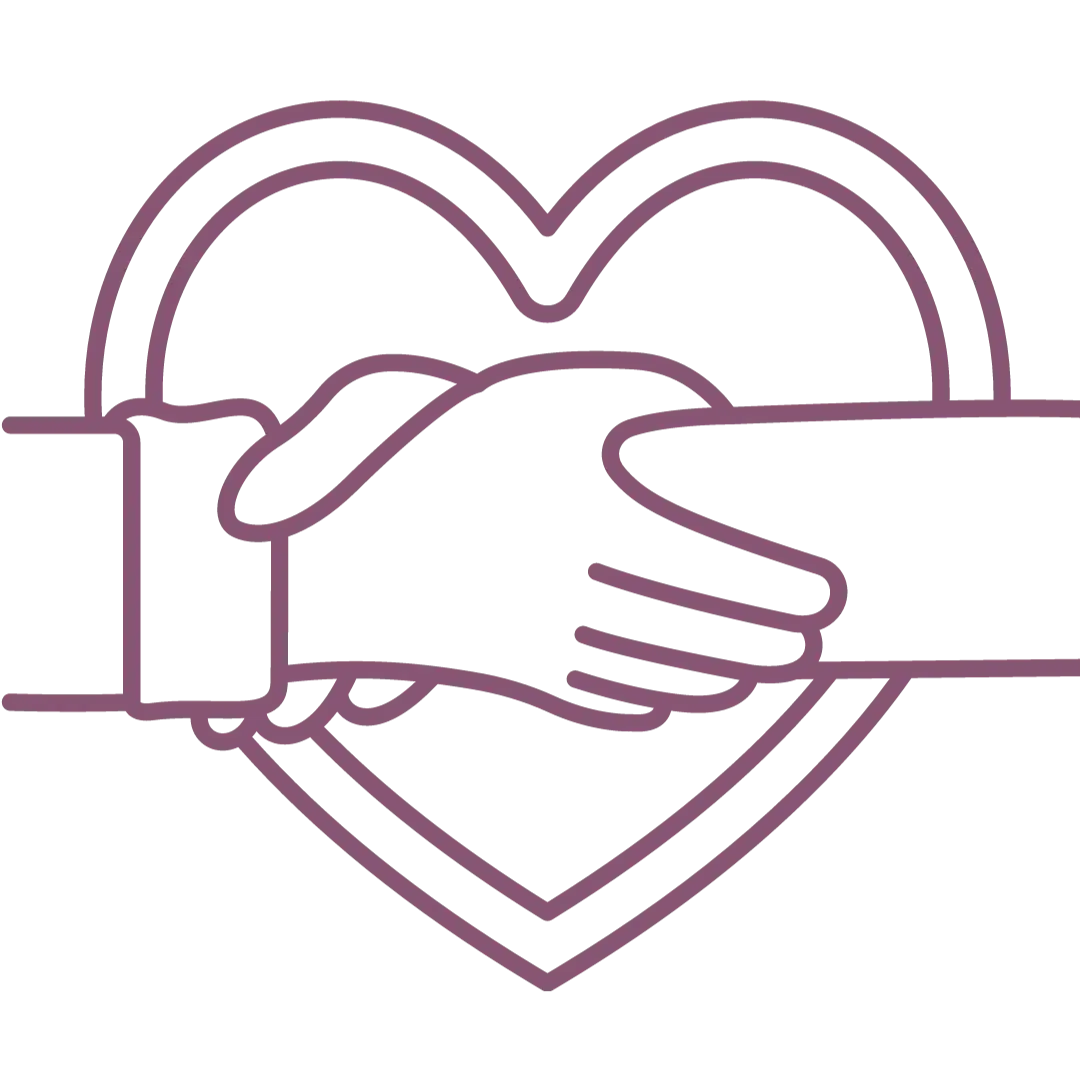
Surveys show that up to three-quarters of people around the world are struggling from burnout. When you’re burned out, you feel it with every fiber of your being. Burnout is a devastating state of exhaustion, perceived incompetence, and detachment from others and your work, and strikes professionals and family caregivers alike. The stress of living in today’s high-pressure world, coupled with the fallout from the recent Covid pandemic, means that many of us are at the end of our rope.
Fortunately, self-compassion can help you both prevent and recover from burnout. Self-compassion involves treating yourself with warmth, encouragement, and support when you’re stressed and overworked. A large body of research shows that self-compassion is one of the most powerful sources of strength, coping, and resilience we have available to cope with burnout. It reduces exhaustion by helping us to draw boundaries, meet our own needs, and tend to our feelings of overwhelm. It also avoids the shame and self-blame that often occurs when we feel we can’t go on a moment longer, lessening feelings of incompetence. And by keeping our hearts open to ourselves, we generate the strength and safety needed to cope with our stress without shutting down, so we can still care about our work in the world.
For this reason I recently teamed up with my dear colleague Chris Germer to write a book about the many ways that self-compassion can counter burnout. It’s titled Mindful Self-Compassion for Burnout: Tools to Help You Heal and Recharge When You’re Wrung Out by Stress. (The book launches September 9th, 2024, but is available for pre-order on Amazon now.) In the book we explore how self-compassion can address factors contributing to burnout like stress, perfectionism, negative emotions, lack of motivation, harsh self-criticism, trouble drawing boundaries, misaligned values, and a broken social system. Each brief chapter also provides an easy-to-use self-compassion tool that can be used during one’s busy day.
Self-compassion is not “self-care”—you know, that list of small acts you can do for yourself presented in employer-mandated webinars and on “wellness” websites. You don’t need to be handed that list again. (Hot baths? Please. Sleep better? When? Eat right? Who’s doing the cooking—to say nothing of the grocery shopping?)
It’s not advice to simply do less, as often offered by well-meaning family and friends. (“Can’t you just let go of a few things?” Like what—the kids, the house, the paycheck?)
It’s not I’m-okay-you’re-okay pablum. The point is when you’re burned out, you’re not okay, and being told you should feel okay implies you should just suck it up.
Self-compassion is a mindset shift that helps you relate to your burnout in a kinder, more productive way. It can be developed through a set of concrete, learnable skills that you practice in the middle of daily life and that don’t require extra time out of your schedule.
The purpose of self-compassion is not to make you feel better. Self-compassion changes the way you deal with the distress of burnout so that you stop avoiding it, beating yourself up for it, or judging yourself as somehow deficient because you can’t do it all.
I think this book will really help people struggling with burnout. Please spread the word about the new book and pre-order a copy today!
COPYRIGHT © 2025 SELF-COMPASSION LLC, KRISTIN NEFF, ALL RIGHTS RESERVED. Terms of Use/Privacy Policy, Disclaimer

